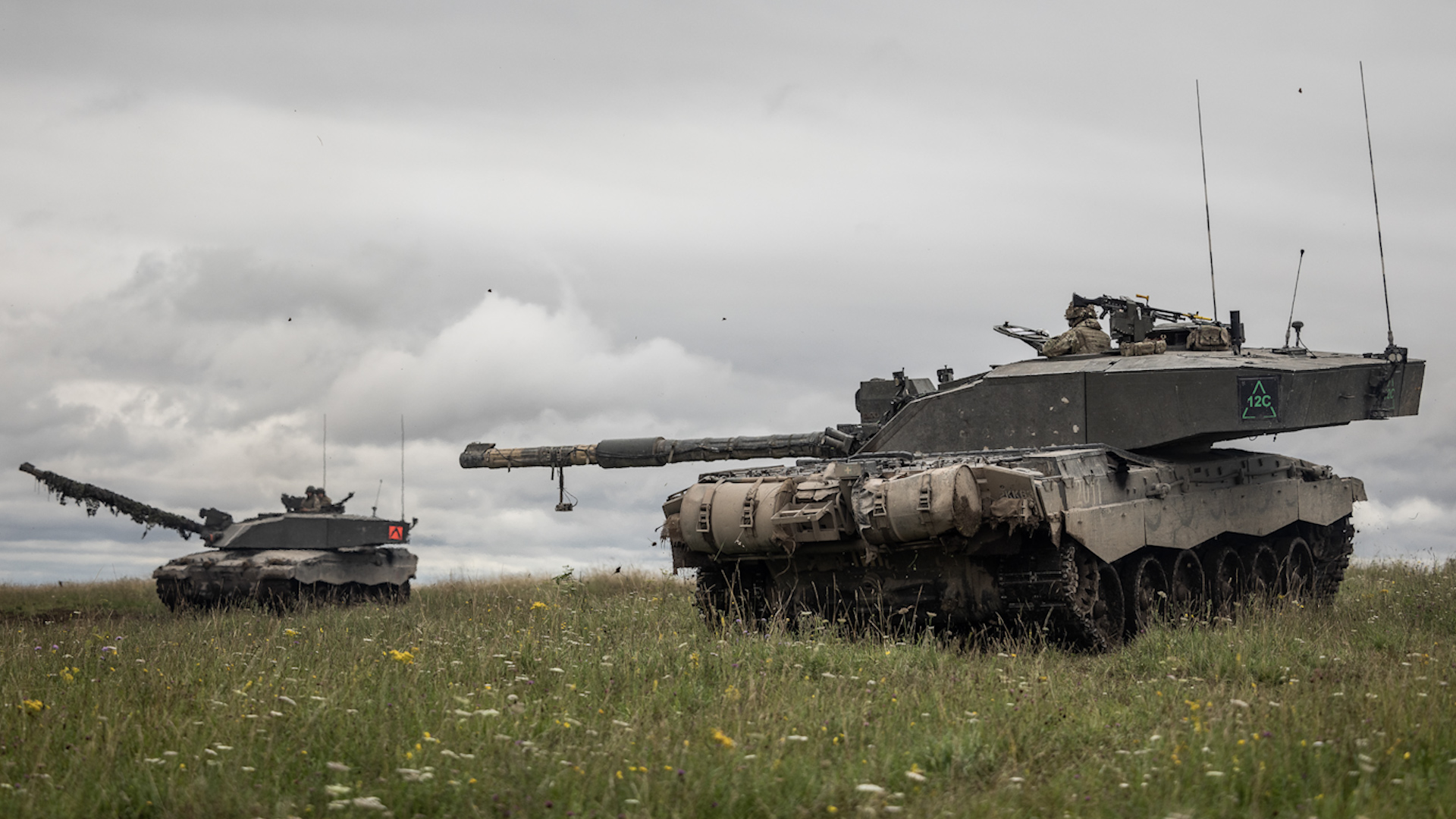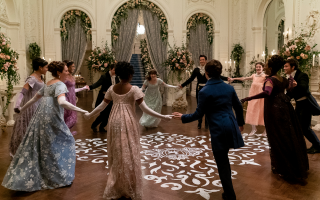
Sitrep: WhatsApps to the frontline and moving kit within days – the story of Britain's rapid mission to arm Ukraine

A two-star British general has given a fascinating insight into the UK's rapid mission to arm Ukraine in the wake of Russia's full-scale invasion two years ago.
Major General Anna-Lee Reilly, Director Operations at Defence Equipment and Support (DE&S), told the Sitrep podcast how the UK moved equipment at such speed, British Army engineers have helped Ukrainian soldiers repair kit on the frontline through messages over WhatsApp.
Maj Gen Reilly said when the UK's support for Ukraine started it was "about just getting the Ukrainians as much equipment as we could do as quickly as possible".
"Then it moved from there to supporting the equipment once it was in-country through a variety of means using industry but also using our soldiers as well," she said.
"So there are plenty of REME soldiers who've been at the end of a WhatsApp message sharing information with Ukrainians on the frontline about how to repair British equipment that is being used to fight in Ukraine."
DE&S' main job is to keep Britain's military equipped, but it has also been responsible for sending everything from bullets to tanks to Ukraine.
Andy Start, head of DE&S and the UK Armaments Director, told Sitrep the speed the UK was able to get support to Ukraine "really surprised lots of people".
"We were getting our first contracts out within 48 hours of the conflict start and we were moving equipment literally within days," he said.
"We were getting anti-tank weapons out into theatre and we were getting new drones on contract and delivered.
"In the first six months alone, we had 89 contracts already in place and running."
Both Maj Gen Reilly and Mr Start acknowledged the next stage of supporting Ukraine is about sustaining assistance.
One element of this support, both pointed out, was Task Force Hirst, which is about getting UK companies into Ukraine to support industrial production.
"There's an absolute recognition that this is going to be potentially a long fight," Mr Start said.
"And one where it's all about getting Russia to realise that Ukraine is not going to give up and the international community is not going to waver in its long-term support for Ukraine.
"So in order to do that, firstly, it's about continuing the scale and energy of effort and support.
"And then on top of that, because this is about making sure Ukraine is in a long-term sustainable position, we need to make sure that we help Ukraine build up its own industrial capability."
It comes after Ukraine recently lost the city of Avdiivka to Russian forces.
Defence expert Professor Michael Clarke said the loss of the city is, at the very least, symbolic.
"Ukraine really did try to defend it," Prof Clarke said. "They even sent in the 47th Brigade, Mechanized Brigade, who are the hard fighting brigade, a while ago.
"Then they sent in the Third Assault Brigade quite recently just to try and keep the lines open to it, and they failed to do that.
"So this is, undoubtedly, a military failure for Ukraine."
Professor Clarke also said the fall of Avdiivka was, at least in part, due to Ukraine running out of ammunition.
"Mainly artillery ammunition," Prof Clarke said. "Because the Russians ended up with a 10 to one superiority in more or less all forms of ammunition and a three to one superiority in troops.
"So eventually, the 3,000 Ukrainian troops who were there simply had to pull out. And they look as if they have lost 1,500 of those troops in pulling out. We haven't got confirmation of that, but it doesn't look as if it was very well conducted.
"I've been saying to everybody, this for Ukraine, this is the 1942 moment. 2024 is like 1942 in the Second World War.
"It was a terrible year for the allies. The pendulum had already swung in 1941, but they didn't feel it until October, until the end of 1942."
"They held on and then the pendulum swung back towards the Allies pretty decisively… the only difference is we don't know which way the pendulum will have swung by the end of it."







